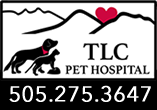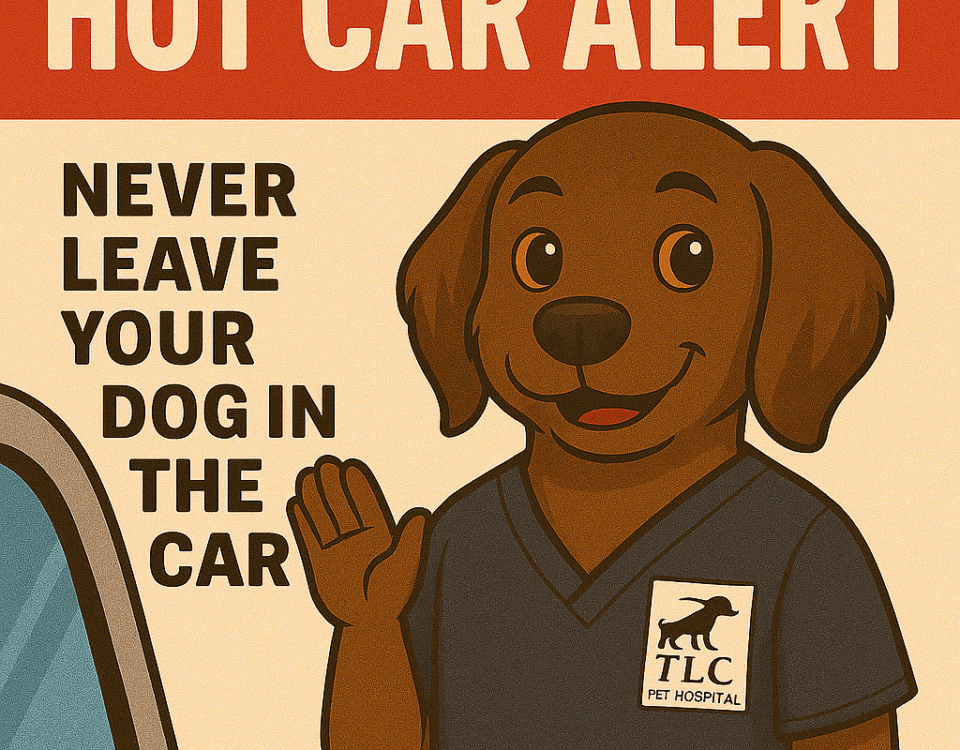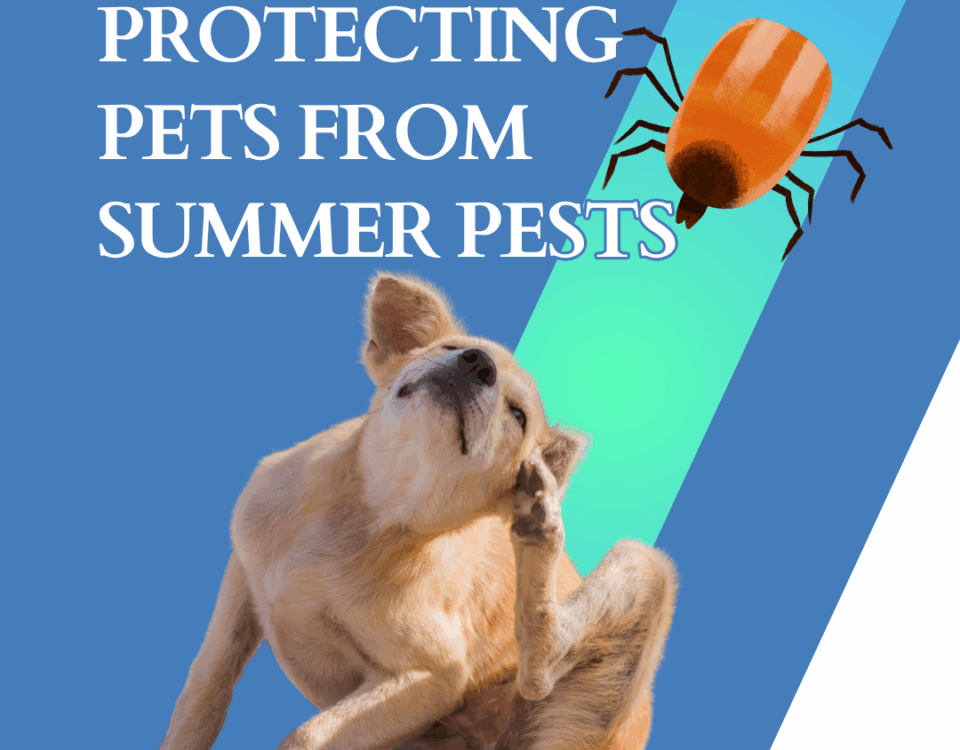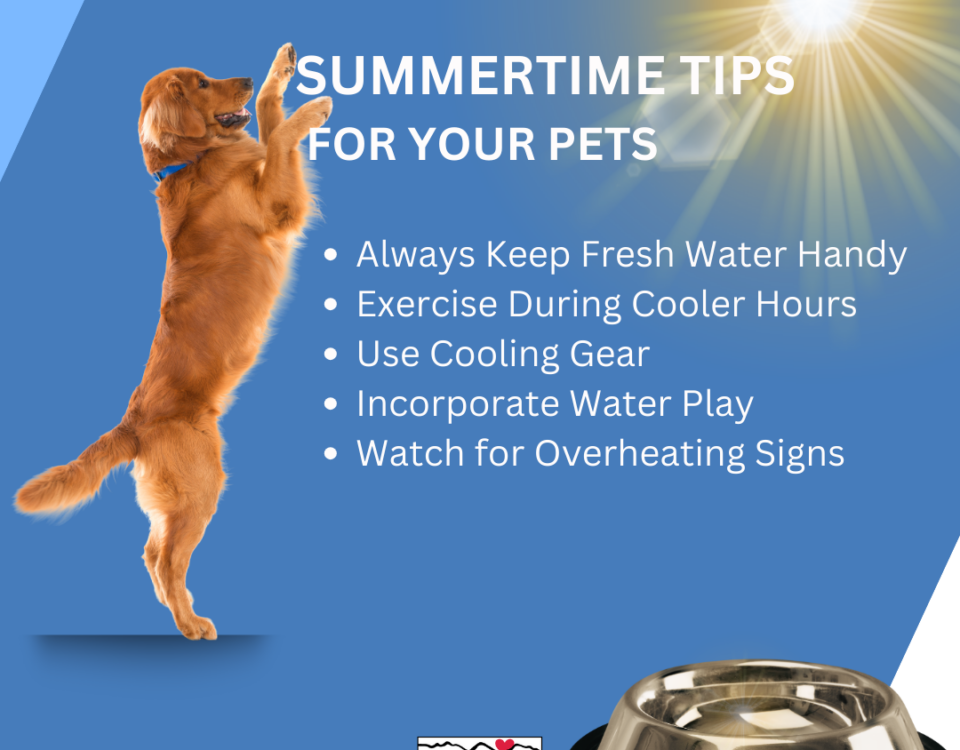April – ASPCA Prevention of Cruelty to Animals
April 1, 2013Mistakes Pet Owners Make
April 8, 2013
Canine parvovirus is an acute, highly contagious disease of dogs that was first described in the early 1970s. The virus has a tendency to attack rapidly reproducing cells, such as those lining the gastrointestinal tract.
The virus is shed in large amounts in the stools of acutely infected dogs for up to several weeks following infection. Parvo can be carried on the dog’s hair and feet, as well as on contaminated crates, shoes, and other objects. When the dog comes in contact with the infected fecal material off hair, feet, or anything that came in contact with infected feces, he/she acquires the disease.
Parvo affects dogs of all ages, but most cases occur in puppies 6 to 20 weeks of age.
Following an incubation period that averages four to five days, the acute illness begins with depression, vomiting, and diarrhea. Some dogs have no fever, while others have high fever (up to 106°F, 41.1°C). Puppies with severe abdominal pain exhibit a tucked-up abdomen. Diarrhea is profuse and contains mucus and/or blood. Dehydration develops rapidly.
Suspect parvo in all pups with the abrupt onset of vomiting and diarrhea. The most efficient way to diagnose parvo is to identify either the virus or virus antigens in stools. An in-office blood serum test (ELISA) is available for rapid veterinary diagnosis. False negatives do occur.
Treatment: Dogs with this disease require intensive veterinary management. In all but the most mild cases, hospitalization is essential to correct dehydration and electrolyte imbalances. Intravenous fluids and medications to control vomiting and diarrhea are often required.
Puppies and dogs should not eat or drink until the vomiting has stopped. but require fluid support during that time. This can take three to five days. Antibiotics are prescribed to prevent septicemia and other bacterial complications, which are the usual cause of death.
The outcome depends upon the virulence of the specific strain of parvovirus, the age and immune status of the dog, and how quickly the treatment is started. Most pups who are under good veterinary care recover without complications.
Prevention: Thoroughly clean and disinfect the quarters of infected animals. Parvo is an extremely hardy virus that resists most household cleaners and survives on the premises for months. The most effective disinfectant is household bleach in a 1:32 dilution. The bleach must be left on the contaminated surface for 20 minutes before being rinsed.
Vaccinations, starting by 8 weeks of age, of series of boosters every 3-4 weeks until 16 weeks of age, will help prevent most (but not all) cases of parvovirus infection. During the first weeks of life, puppies are protected by high levels of maternal antibodies. As these levels decline, there is a period lasting from two to four weeks during which puppies are susceptible to infection because vaccinations have not yet fully taken effect. This susceptible period varies from pup to pup, which is why pups anywhere between 6 and 20 weeks age can be especially susceptible to parvo. Nearly all apparent vaccination failures are due to exposure during this susceptible period.
Nevertheless, it is still important to isolate young puppies as much as possible from other dogs and from potential sources of infection until they complete the parvo vaccination series at 16 weeks of age then yearly.



